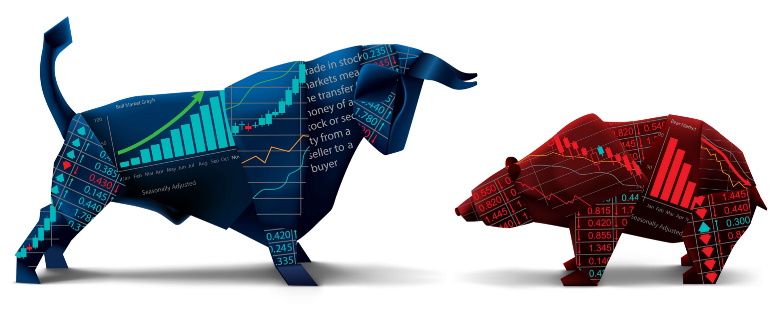It is now a well-documented fact that the pandemic was good for billionaires. According to Oxfam’s annual report on global inequality – always released to coincide with the World Economic Forum in Davos – the pandemic saw a new billionaire created every day. The world’s ten richest men more than doubled their collective wealth between March 2020 and November 2021, seeing their combined assets increase from $700bn (£533bn) to $1.5tn (£1.14tn).
In contrast, said Oxfam, ‘99% of the world’s population became worse off because of lockdowns, lower international trade, less international tourism – and, as a result, 160m people have been pushed into poverty’.
Oxfam clearly has an agenda. Many might disagree.
After all, Jeff Bezos left a well-paid job on Wall Street to start Amazon (or Cadabra, as it originally was, until someone misheard the name as ‘cadaver’). In the early days, the company operated out of the garage at Bezos’ house in Seattle, so there are many people who’ll say ‘good luck’ to him. After all, Amazon has allowed thousands and thousands of small businesses around the world to flourish, it has allowed authors to publish books, and it has paid spectacular dividends to anyone who invested in the company in its early years.
There are two sides to every coin. One thing that does appear to be clear though, is that the richest 10% of the world’s population are responsible for a hugely disproportionate amount of the world’s carbon footprint. A recent study in the journal Nature Sustainability concluded that the world’s richest ten percent are responsible for an estimated 47% share of global CO2 emissions.
On average, a person in the bottom 50% income group produces one ton of CO2 every year – compared to 48 tons for the richest one percent.
If we look at another measure, just four countries – the USA, China, Japan and Germany – make up over half the world’s economic output, if we take GDP as a guide.
If we focus solely on the UK, then – according to the Office for National Statistics – the wealth of the richest one per cent of households is more than 230 times that of the poorest ten per cent. The top one per cent – with average wealth of £3.6m – hold 43% of all the wealth in the UK.
Your view on whether this is right-sided or wrong will almost certainly depend on your political standpoint. What is clear is that however much government’s might talk about ‘levelling up’ or ‘re-distributing wealth’ other factors, such as individual enterprise and initiative, or national and global events, play a far bigger part in shaping the distribution of wealth.
…And, of course, good, consistent, long-term financial planning! We look forward to speaking to you soon.


